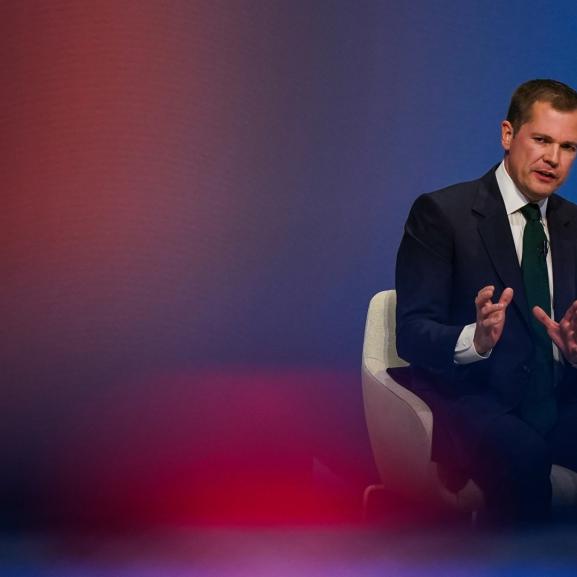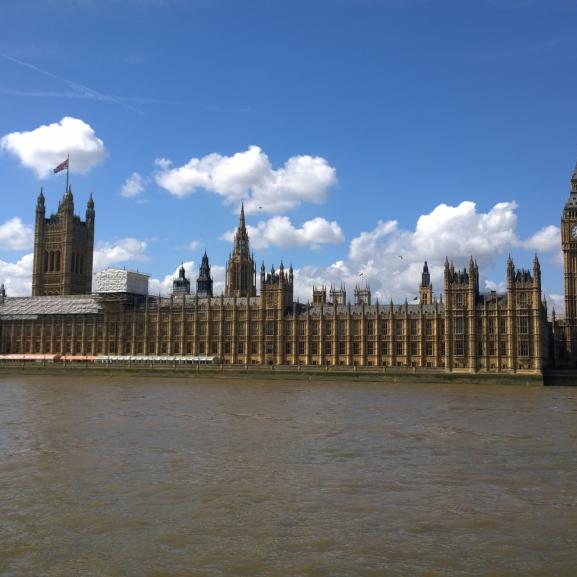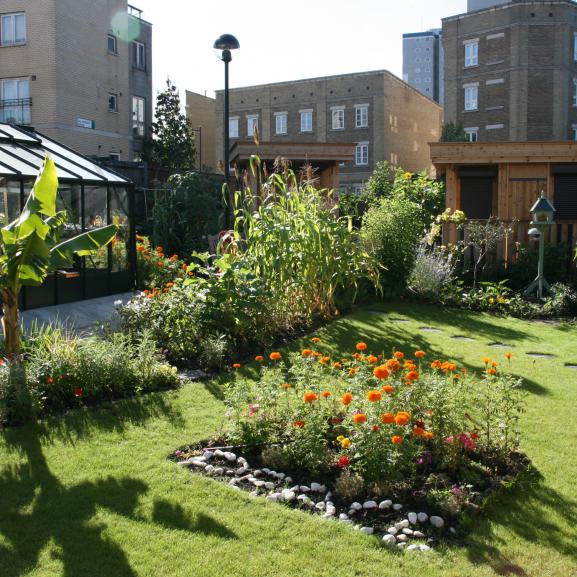We are all complicit in torture if we remain silent about it
Shameem Sadiq-Tang, survivor activism manager, blogs from Geneva as Survivors Speak OUT coordinator Kolbassia Haoussou delivers his speech at the Human Rights Council at the United Nations in Geneva encouraging countries to ratify and implement the UN Convention Against Torture and its optional protocol before 2024.
I'm sat at the Human Rights Council in Geneva listening to Kolbassia, from the Survivors Speak OUT network of former Freedom from Torture clients, deliver an honest and heart-warming speech to a packed room. The event is hosted by the Convention against Torture Initiative and calls on UN member states to ratify and implement the Convention and its optional protocol.
I've worked with the SSO network for almost five years now and continue to be impressed in their ability to talk to different and large audiences of strangers about their very deeply personal pasts - not in relating horror stories but the impact of those horrors on themselves, on their relationships, on their families, and on their lives.
The network has come a very long way from our first speaking engagement to a group of young people at a synagogue in North West London back in 2010. Today Kolbassia, the network's Coordinator, is speaking. But on any other occasion it could be one of the other tens of volunteers. These are the people who keep the network alive with their collective aim of speaking out against torture so that no one else is forced to go through the horrors that they have.
'We are all complicit in torture if we remain silent about it' Kolbassia tells the audience.
It is a very fitting statement that I hope resonates with this audience - some of whom may be from the 40 plus countries who are yet to ratify the Convention against Torture. To my mind it is a scandal that this event today calling for ratification and implementation is necessary. If we all accept that torture is wrong, then why are we not doing more about it? However to those who believe torture has its place, I can only assume that they are just unable to truly understand its impact and what it fails to achieve.
I genuinely believe that the survivor voice should be at the heart of any discussion on torture - and not for their testimony but for their guidance on how to navigate discussions with other survivors, what solutions should be in place to support people and most importantly, what they think can be done to prevent it.
Being here today with Kolbassia representing Survivors Speak OUT is testament that this is slowly happening - but not quickly enough.
I ask the panel what efforts are being made to engage survivors in creating national solutions...I don't get an answer. I know we are nowhere near this but we have to start somewhere and at the very least, ratification of the UN Convention Against Torture would be a good place to begin.







